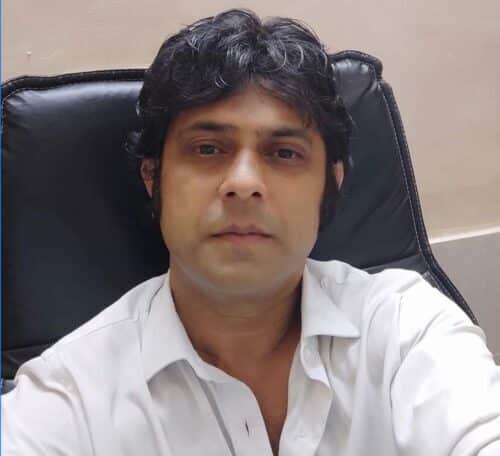Concealment of material facts refers to the intentional withholding of relevant information or facts that could affect a decision or outcome. It is considered to be a fraudulent practice that can result in legal consequences. The concealment of material facts can occur in various contexts, including business transactions, insurance claims, and legal proceedings. Arbitration Judgments
(Opens in a new browser tab)
In business transactions, for example, the failure to disclose relevant information such as defects in a product or financial information that could impact the value of a company can result in legal liability. Similarly, in insurance claims, the failure to disclose pre-existing medical conditions or previous accidents can result in the denial of the claim.
In legal proceedings, the concealment of material facts can result in perjury charges or the dismissal of a case. The parties involved in a legal case are required to disclose all relevant information and provide complete and truthful testimony. Failure to do so can result in serious consequences, including fines, penalties, and imprisonment.
In summary, the concealment of material facts is a serious offense that can result in legal consequences. It is important to be truthful and transparent in all dealings, including business transactions, insurance claims, and legal proceedings. If you are unsure about what information needs to be disclosed, it is advisable to consult with a legal professional to ensure that you are in compliance with the law. Cross Examination of a Witness in india
(Opens in a new browser tab)
Concealment of Material Facts
The Supreme Court reported as 2010 (2) SC 114 Dalip Singh vs. State of U.P. and Ors. held:
“ It is settled principle of law that a person who approaches the Court for grant of relief, equitable or otherwise, is under a solemn obligation to candidly disclose all the material/important facts which has bearing on the adjudication of the issues raised in the case. Arbitration Lawyer in Kolkata, Delhi, India
(Opens in a new browser tab)
It is the duty of the party asking for an injunction to bring to the notice of the Court all facts material to the determination of his right to have injunction and it is not an excuse for him to say that he was not aware of the importance of any facts which he has omitted to bring forward. Where plaintiff does not act bona fidely and does not put every material facts before the Court, the Court is within its inherent power to refuse to grant him injunction, even though there might be facts upon which injunction might be granted. Conduct of the plaintiff is very material in bringing the case and disclosing the facts before the Court. plaintiff is required to make fullest possible disclosure of all material facts within his knowledge to the Court and if he does not make that fullest possible disclosure, he cannot obtain any advantage from the proceedings and is liable to be deprived of any advantage he might have already obtained by means of the order which has thus wrongly been obtained by him by concealment of material facts
It is trite law when a suit is filed by concealment of material fact, the plaintiff is not entitled to the relief of injunction being a discretionary relief. Law of Evidence in Kolkata, Delhi, India
(Opens in a new browser tab)
Tapan Choudhury,
Advocate,
Mob- +91 9873628941
Email ID tapsash@gmail.com
